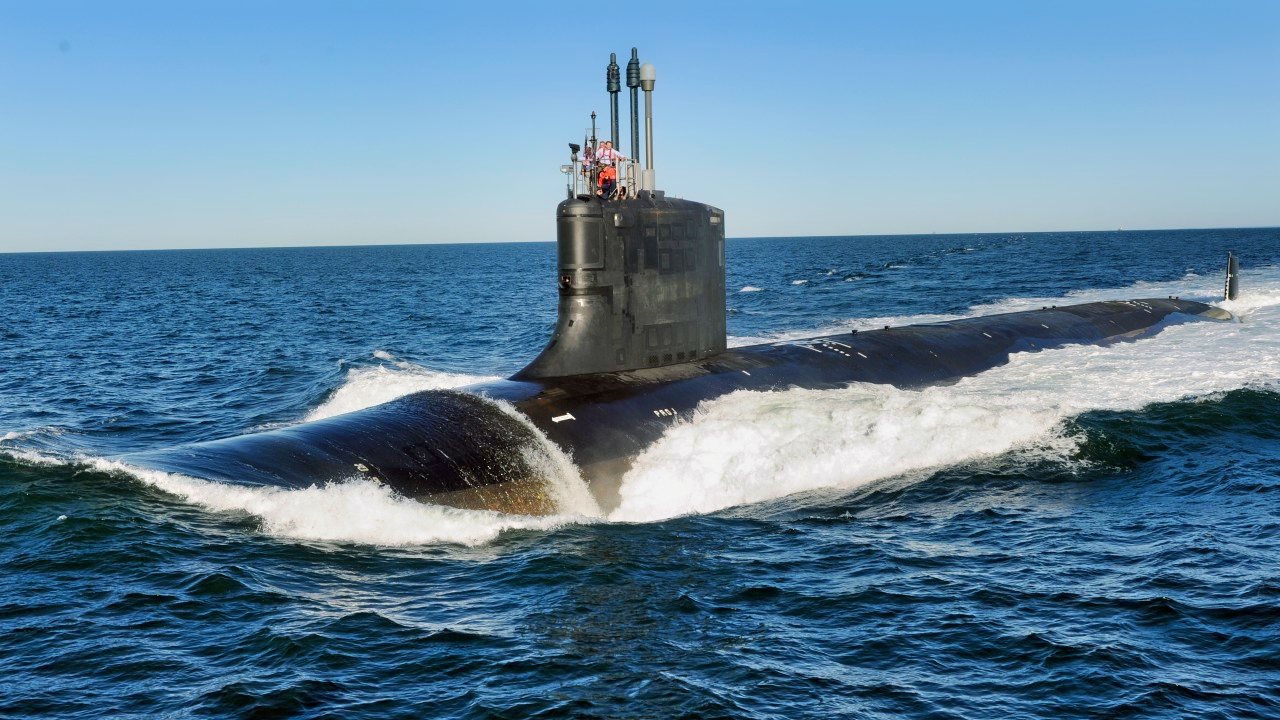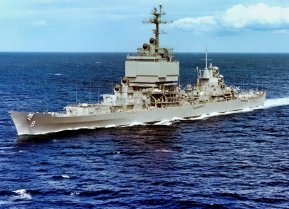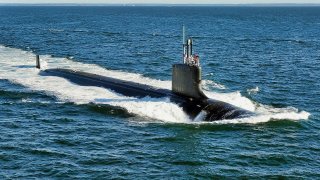Australia to Invest Billions for AUKUS Nuclear Submarine Program
The investment will include new shipyards, factories, and docks at home and in the UK.
Australia announced that it will spend billions to support the future nuclear-powered submarines now being developed as part of the trilateral AUKUS security pact with the United Kingdom and the United States. The investment will include new shipyards, factories, and docks at home and in the UK. Canberra has pledged to send $3.1 billion to the UK to help clear bottlenecks at the Rolls-Royce nuclear reactor production line.

The funding was revealed on Thursday, on the eve of high-level talks between the Australian and the UK governments. It is in addition to the $3 billion that Canberra will send to the United States to address production delays.
This could answer the question of whether Australia is really “all-in” on AUKUS.
Submarines and More
The AUKUS agreement between Australia, Great Britain, and the United States could see Australia acquire as many as five nuclear submarines from Washington in the early 2030s before jointly building and operating a new class, SSN-AUKUS, with Britain, roughly a decade later. Australian government-owned shipbuilder ASC and the British defense firm BAE Systems are jointly building the nuclear-powered submarines for the Royal Australian Navy (RAN).
It is the largest Australian defense project since the Second World War.
The AUKUS pact will further see Australia become just the seventh nation to operate nuclear-powered submarines, but a concern has been that the program could stress shipyards in both the UK and United States, which are already stretched thin and beset with delays and cost overruns.
The money Australia is sending to the UK will allow Rolls-Royce to expand the plant that builds the nuclear reactors, while it will also support the design work on the conventionally armed SSN-AUKUS. The money Australia has agreed to invest in the U.S. shipyards is meant to help streamline the production of the Virginia-class nuclear-powered fast attack submarines—with Australia receiving one in the next decade. However, the current backlog of orders has been seen as a concern that could jeopardize the deal.
New Sub Base Down Under
Canberra has also called for an investment of $993 million for a new submarine base in western Australia. The total cost of the work on the facility is expected to be around $5.2 billion, while the total AUKUS submarine program is expected to cost Australia around $240 billion.
As Australian submarines won’t be available for another decade, Royal Navy and U.S. Navy submarines would be based there part of each year beginning in 2027. Already there has been pushback—including protests from Australian groups—over the decision to host any nuclear-powered submarines at the future facility.
Former Australian prime minister Paul Keating, who remains an influential figure in the Labor Party, called AUKUS the worst foreign policy mistake since a failed bid to introduce conscription during World War I.
Trump Concerns
Both London and Canberra have not been shy about the future of AUKUS if former President Donald Trump returns to the White House. Trump hasn’t expressed open hostility toward the program but he has been seen to support an isolationist agenda.
UK foreign secretary David Cameron told reporters on Friday that he holds the AUKUS pact—as well as NATO—is in the “best possible shape” to increase its respective chances should Trump win the U.S. presidential elections in November.
“What we will do, as I am sure an Australian government would do, is work with whoever becomes the president,” Cameron told reporters in Adelaide, South Australia, adding, “The best thing we can do is to get those alliances, to get those projects into the best possible shape, so whoever is the new president can see that they are working with a very successful set of arrangements.”
Author Experience and Expertise: Peter Suciu
Peter Suciu is a Michigan-based writer. He has contributed to more than four dozen magazines, newspapers, and websites with over 3,200 published pieces over a twenty-year career in journalism. He regularly writes about military hardware, firearms history, cybersecurity, politics, and international affairs. Peter is also a Contributing Writer for Forbes and Clearance Jobs. You can follow him on Twitter: @PeterSuciu. You can email the author: [email protected].


